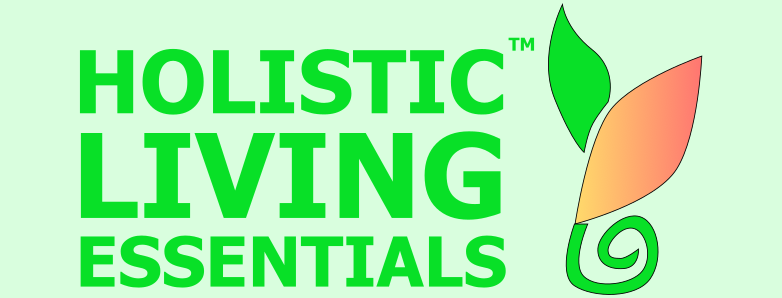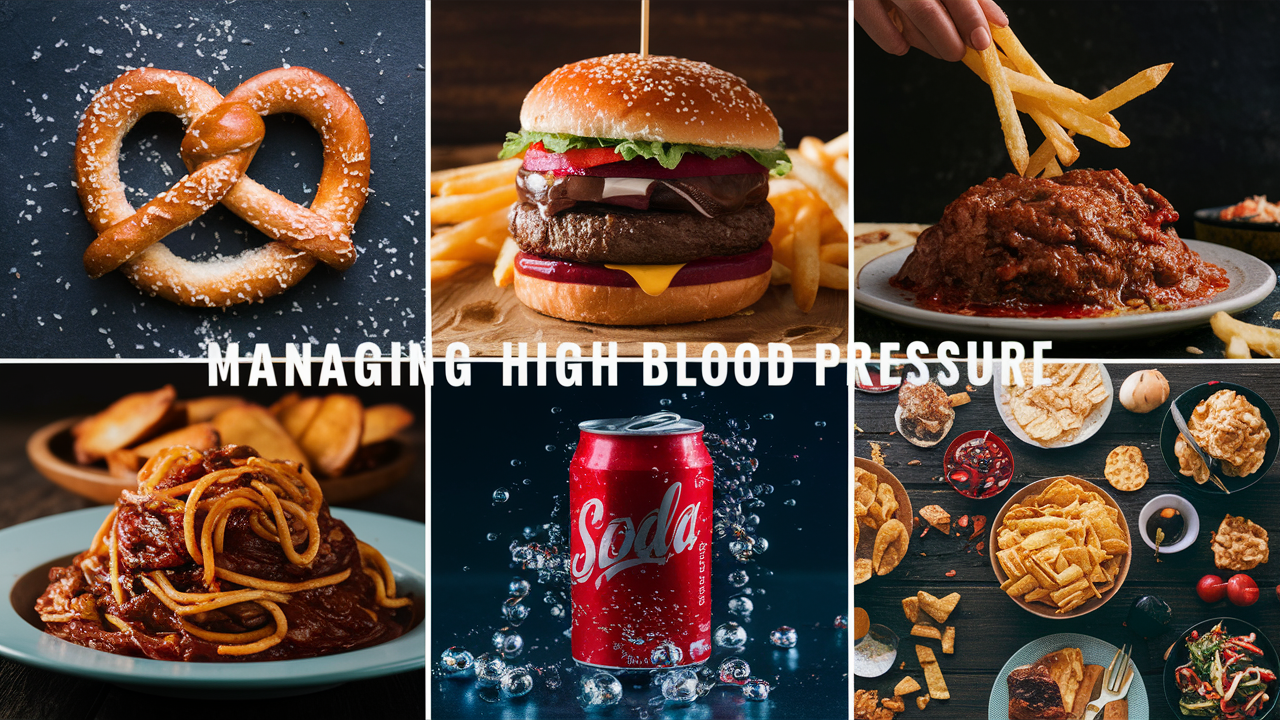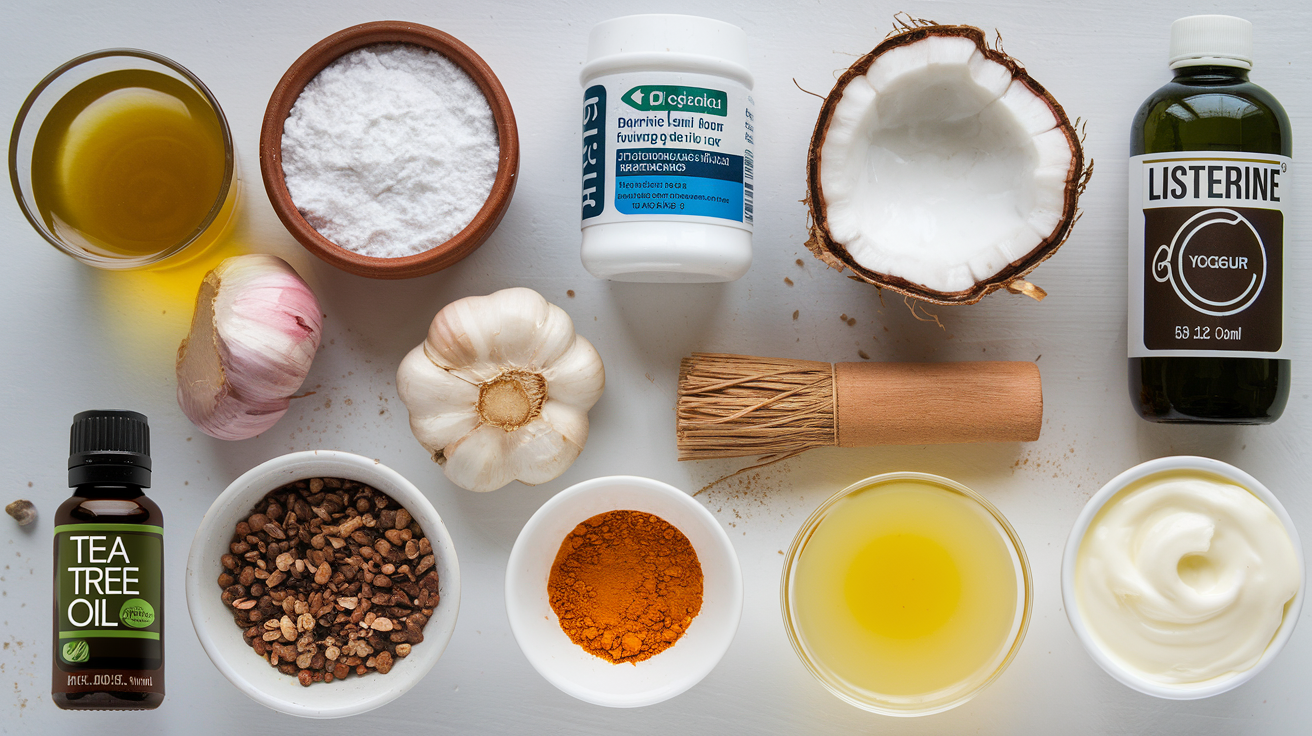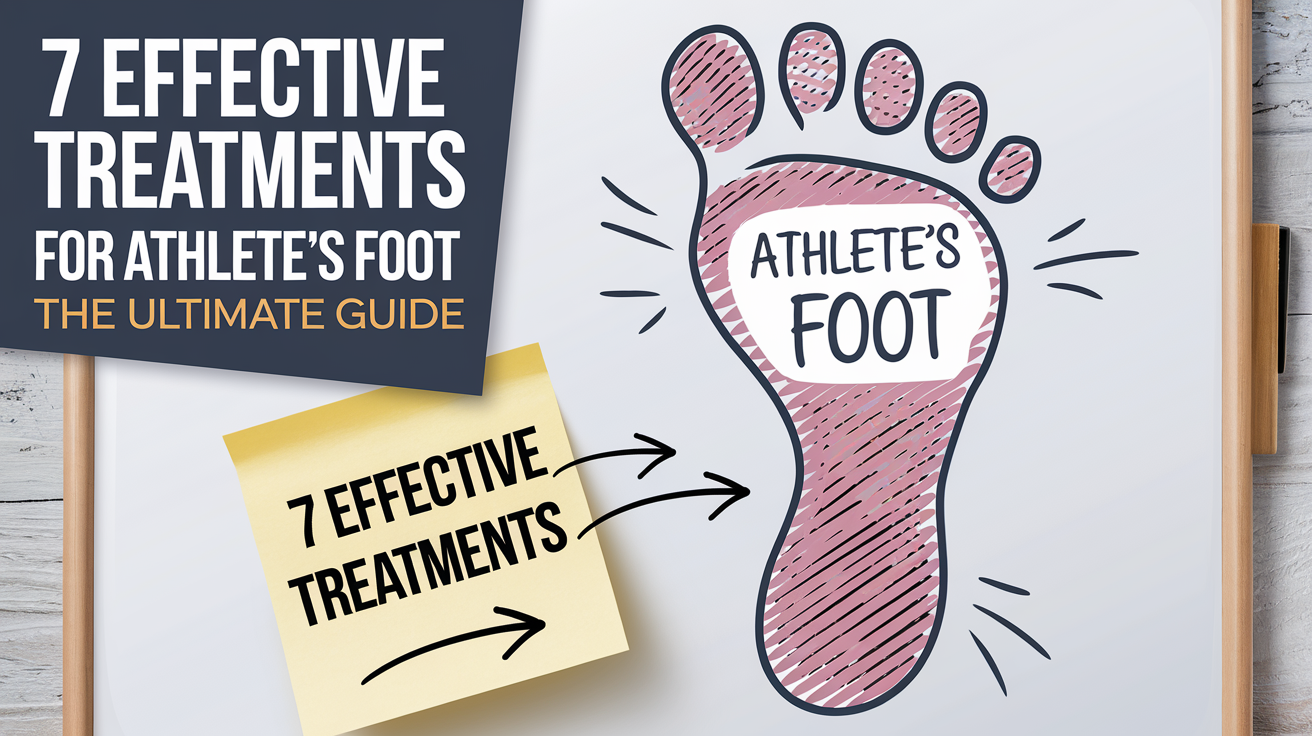Discover how to manage high blood pressure naturally by avoiding key foods that can worsen your condition. Our comprehensive guide offers expert tips and dietary advice to help you control hypertension and improve your heart health.
High blood pressure, or hypertension, is a prevalent health issue that affects millions of people worldwide. Often termed the “silent killer,” hypertension can lead to severe health complications such as heart disease, stroke, and kidney failure if not managed properly. One of the most effective ways to control high blood pressure is through diet. Certain foods can exacerbate the condition, making it crucial to be aware of what to avoid. This blog post delves into the foods that should be avoided to maintain healthy blood pressure levels, offering detailed insights and practical advice.
Sodium-Rich Foods
One of the primary dietary culprits in high blood pressure is sodium. Sodium, commonly found in salt, can cause the body to retain water, leading to increased blood pressure. Here’s a closer look at why sodium-rich foods are harmful and how to identify and avoid them.
Processed Foods: Processed foods, such as canned soups, frozen meals, and deli meats, are often laden with high levels of sodium. Manufacturers use salt as a preservative and flavor enhancer, significantly raising the sodium content. For instance, a single serving of canned soup can contain more than half the daily recommended intake of sodium.
Fast Foods: Fast foods like burgers, fries, and fried chicken are notoriously high in sodium. These foods not only contribute to high blood pressure but also add unnecessary calories and unhealthy fats to your diet.
Snacks: Many popular snacks, including chips, pretzels, and salted nuts, are packed with sodium. While they may be convenient, they pose a significant risk to individuals with high blood pressure.
Condiments and Sauces: Common condiments such as soy sauce, ketchup, and salad dressings can also contain high amounts of sodium. It’s essential to read labels and opt for low-sodium versions whenever possible.
To manage sodium intake effectively, aim to consume less than 2,300 milligrams of sodium per day, and ideally limit it to 1,500 milligrams if you have high blood pressure. Cooking at home with fresh ingredients, using herbs and spices for flavor instead of salt, and carefully reading food labels can help you stay within these guidelines.
Sugary Foods and Beverages
Excessive sugar intake is another factor that can contribute to high blood pressure. Foods and drinks high in sugar can lead to weight gain, which is a significant risk factor for hypertension. Moreover, high sugar consumption has been linked to increased blood pressure levels directly.
Soft Drinks and Sweetened Beverages: Sugary drinks like soda, fruit juices, and energy drinks are among the top sources of added sugars in the diet. A single can of soda can contain up to 40 grams of sugar, which is more than the daily recommended limit.
Pastries and Sweets: Desserts such as cakes, cookies, and pastries are loaded with added sugars. These foods not only spike your blood sugar levels but also contribute to weight gain, further exacerbating high blood pressure.
Breakfast Cereals: Many breakfast cereals, especially those marketed to children, are high in sugar. Starting your day with a high-sugar meal can set a negative tone for your diet throughout the day.
Processed and Packaged Foods: Many processed foods, even those that are not sweet, contain added sugars. These include items like bread, pasta sauces, and even salad dressings.
To reduce sugar intake, it’s crucial to read nutrition labels and choose foods with no or low added sugars. Opt for natural sweeteners like honey or maple syrup in moderation, and increase your intake of fresh fruits and vegetables to satisfy sweet cravings healthily.
Trans Fats and Saturated Fats
Trans fats and saturated fats are known to increase cholesterol levels and contribute to high blood pressure. These unhealthy fats can be found in a variety of foods, making it important to understand their sources and effects.
Fried Foods: Foods that are fried in hydrogenated oils, such as French fries, doughnuts, and fried chicken, are high in trans fats. These fats not only raise bad cholesterol levels but also lower good cholesterol, leading to a higher risk of heart disease.
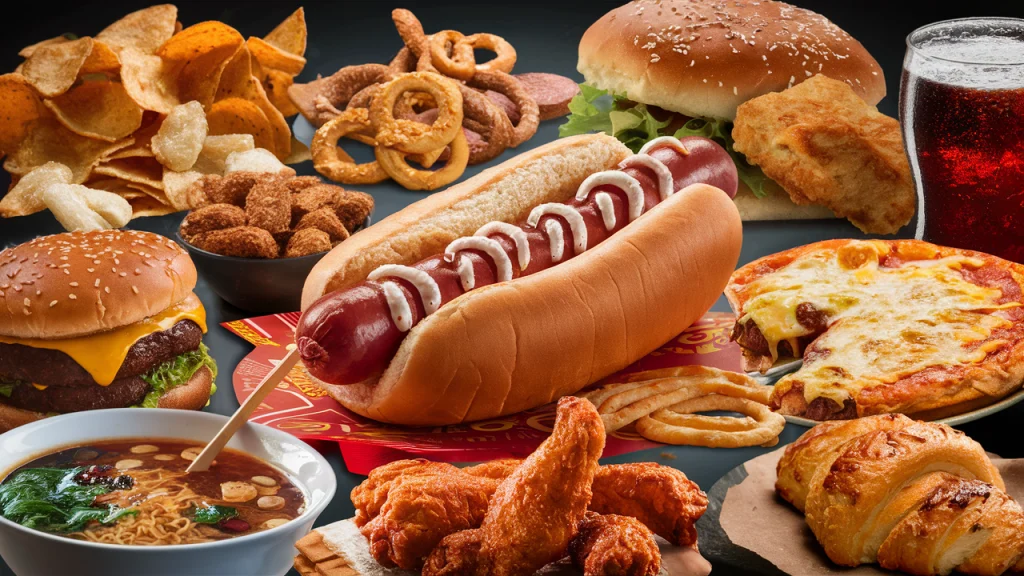
Baked Goods: Many commercially baked goods, including cookies, crackers, and cakes, contain trans fats and saturated fats. These fats are used to extend the shelf life of products but can have detrimental effects on your heart health.
Red and Processed Meats: Red meats like beef, pork, and lamb, as well as processed meats such as sausages and bacon, are high in saturated fats. Consuming these meats in large quantities can increase cholesterol levels and blood pressure.
Dairy Products: Full-fat dairy products, including cheese, butter, and cream, are also high in saturated fats. While they can be part of a balanced diet in moderation, excessive consumption can contribute to hypertension.
To manage intake of trans and saturated fats, choose lean cuts of meat, and opt for cooking methods such as baking, grilling, or steaming instead of frying. Replace full-fat dairy products with low-fat or non-fat alternatives, and use healthy fats like olive oil or avocado oil for cooking.
Alcohol
While moderate alcohol consumption may have some health benefits, excessive drinking can lead to high blood pressure. Here’s a detailed look at how alcohol affects blood pressure and how to consume it responsibly.
Impact on Blood Pressure: Drinking too much alcohol can raise blood pressure by several points. Additionally, alcohol contains empty calories, which can contribute to weight gain and further elevate blood pressure.
Recommended Limits: The American Heart Association recommends that men limit their alcohol intake to no more than two drinks per day, and women to no more than one drink per day. A drink is defined as 12 ounces of beer, 5 ounces of wine, or 1.5 ounces of distilled spirits.
Healthier Choices: If you choose to drink, opt for beverages with lower alcohol content and avoid high-calorie mixers. Drinking water between alcoholic beverages can help limit your intake and stay hydrated.
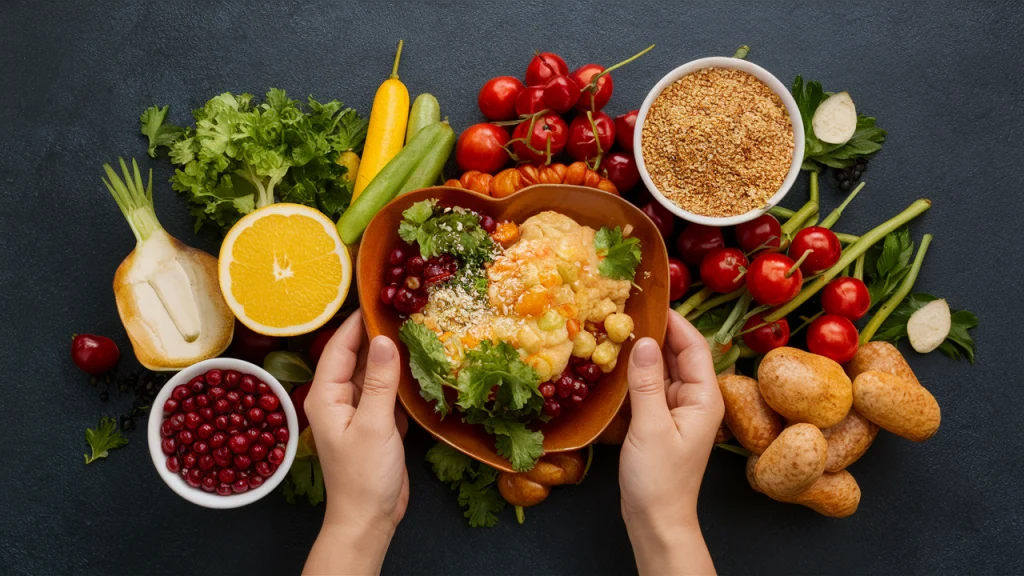
Lifestyle Changes: Reducing alcohol consumption can have a significant impact on blood pressure. If you find it challenging to cut back, seek support from healthcare professionals or join a support group.
By understanding the impact of alcohol on blood pressure and adhering to recommended guidelines, you can enjoy social drinking without compromising your health.
Caffeine
Caffeine is a stimulant found in coffee, tea, energy drinks, and certain medications. While moderate caffeine consumption is generally safe for most people, excessive intake can cause temporary spikes in blood pressure.
Effects on Blood Pressure: Caffeine can cause a short, but dramatic increase in blood pressure. While the long-term effects of caffeine on blood pressure are still debated, it’s advisable for individuals with hypertension to monitor their intake.
Sources of Caffeine: Common sources of caffeine include coffee, tea, soda, energy drinks, and chocolate. Some over-the-counter medications, such as pain relievers and cold medications, also contain caffeine.
Moderation is Key: To keep blood pressure in check, limit caffeine intake to 200-300 milligrams per day, equivalent to about two to three cups of coffee. Pay attention to how your body reacts to caffeine and consider cutting back if you notice spikes in blood pressure.
Decaffeinated Alternatives: Choose decaffeinated versions of coffee and tea, and avoid energy drinks. Herbal teas are a great caffeine-free alternative that can provide a soothing effect without raising blood pressure.
By managing caffeine consumption, you can help maintain stable blood pressure levels and avoid unnecessary spikes.
Processed and Red Meats
Processed and red meats are linked to various health issues, including high blood pressure. Understanding the risks associated with these meats and finding healthier alternatives is crucial for maintaining a balanced diet.
Take Charge of Your Health: Discover the Best Supplements for High Blood Pressure Control!
Health Risks: Consuming large amounts of red and processed meats has been associated with increased risk of hypertension, heart disease, and certain cancers. These meats are often high in saturated fats, sodium, and preservatives that can negatively impact heart health.
Examples of Processed Meats: Processed meats include sausages, hot dogs, bacon, and deli meats. These products often contain high levels of sodium and nitrates, which can contribute to high blood pressure.
Impact of Red Meats: While lean red meats can be part of a balanced diet, excessive consumption of fatty cuts like ribeye, T-bone, and ground beef can increase cholesterol levels and blood pressure.
Healthier Alternatives: Replace processed and red meats with healthier protein sources such as poultry, fish, legumes, and plant-based proteins. These alternatives provide essential nutrients without the added risks associated with red and processed meats.
By making conscious choices and incorporating healthier protein sources into your diet, you can reduce the risk of high blood pressure and improve overall heart health.
People Also Ask (PAA)
1. What foods are bad for high blood pressure? Foods high in sodium, sugar, trans fats, and saturated fats can be detrimental for individuals with high blood pressure. These include processed foods, fast foods, sugary drinks, red and processed meats, and full-fat dairy products.
2. Can eating too much sugar raise blood pressure? Yes, consuming excessive sugar can lead to weight gain, insulin resistance, and inflammation, all of which are risk factors for high blood pressure. Sugary drinks and snacks should be limited to maintain healthy blood pressure levels.
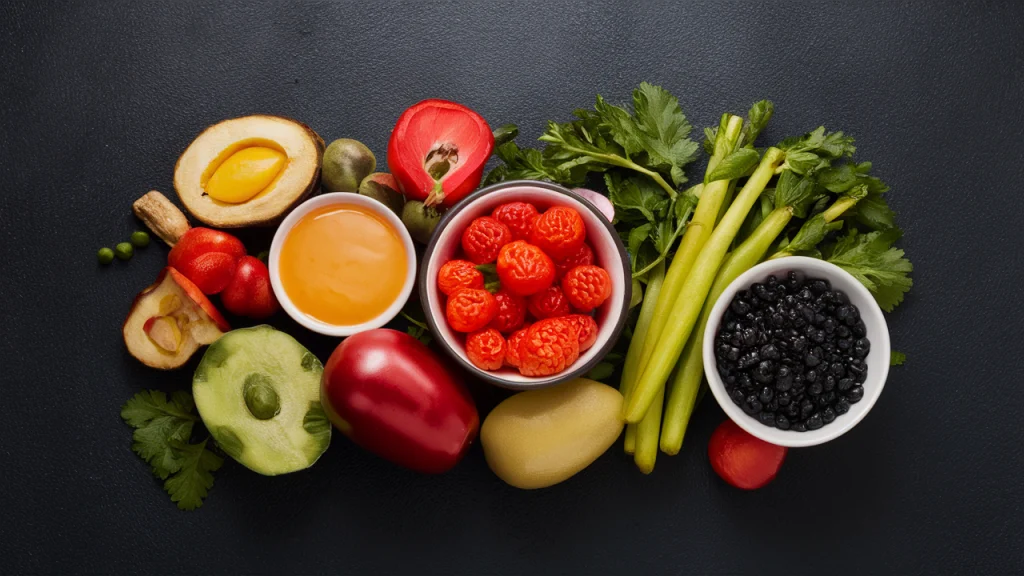
3. Why is sodium bad for high blood pressure? Sodium causes the body to retain water, which increases blood volume and raises blood pressure. High sodium intake can strain the cardiovascular system and lead to heart disease and stroke.
4. Are there any healthy fats that can help with high blood pressure? Yes, unsaturated fats found in avocados, nuts, seeds, and olive oil, as well as omega-3 fatty acids from fatty fish, flaxseeds, and walnuts, can help improve cholesterol levels and reduce inflammation, contributing to better blood pressure control.
5. How does alcohol affect blood pressure? Excessive alcohol consumption can raise blood pressure and contribute to weight gain. Limiting alcohol intake to the recommended guidelines can help manage blood pressure levels effectively.
Health Disclaimer
The information provided in this blog is for informational purposes only and should not be considered medical advice. Always consult with a healthcare professional before making any health-related decisions or dietary changes, especially if you have high blood pressure or other chronic conditions.
Conclusion
Managing high blood pressure is crucial for maintaining overall health and preventing serious complications such as heart disease and stroke. Dietary choices play a significant role in controlling blood pressure, and understanding which foods to avoid is a key step in this process. By limiting sodium, sugar, trans fats, and saturated fats, and making healthier choices, individuals can better manage their blood pressure and improve their quality of life.
Implementing these dietary changes may seem challenging at first, but with careful planning and conscious choices, it is possible to enjoy a delicious and heart-healthy diet. Remember, small, consistent changes can lead to significant improvements in blood pressure and overall health. Always seek guidance from healthcare professionals to tailor dietary plans to individual needs and conditions.
Through mindful eating and lifestyle adjustments, managing high blood pressure becomes a more attainable goal, leading to better health outcomes and a higher quality of life.
